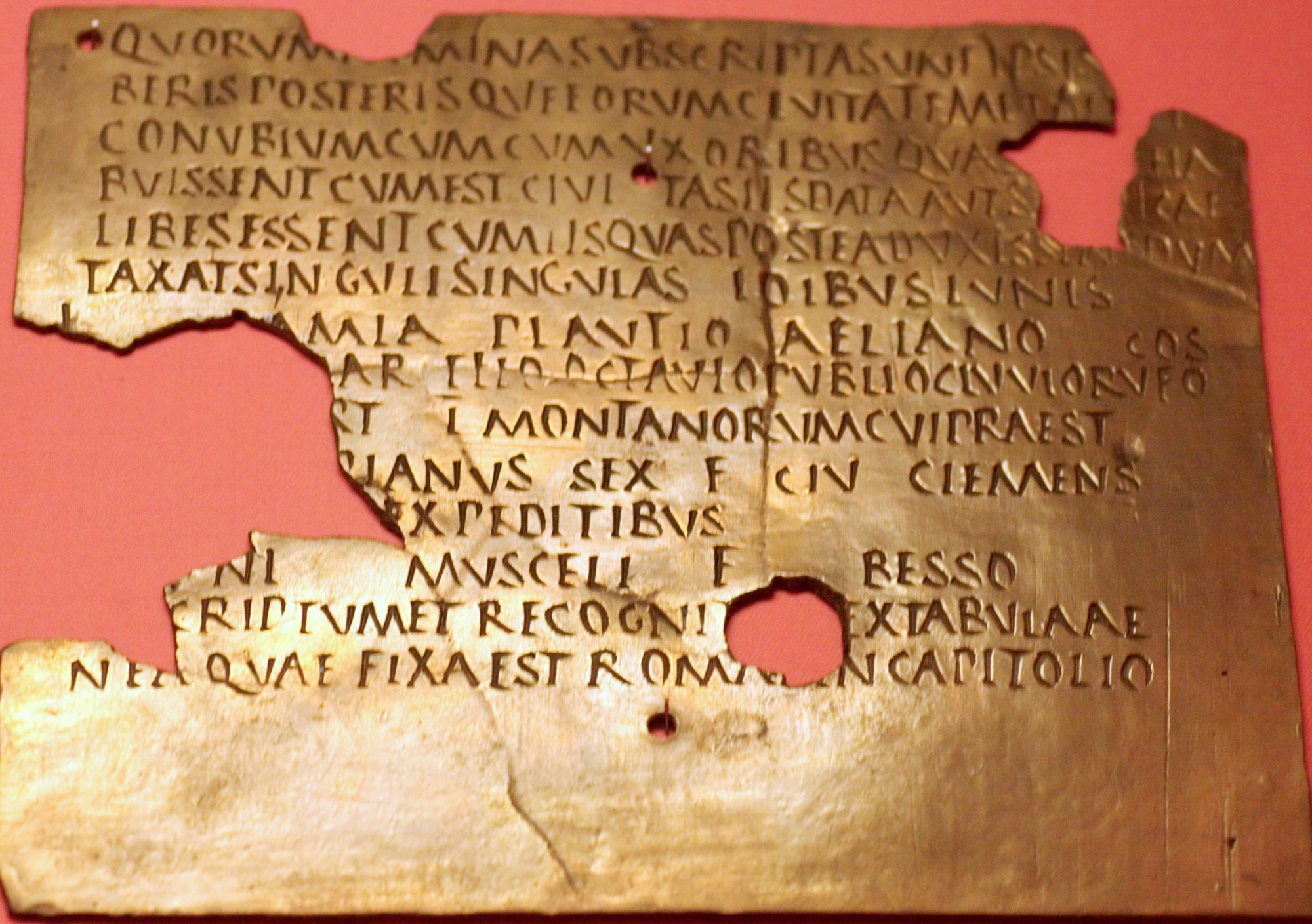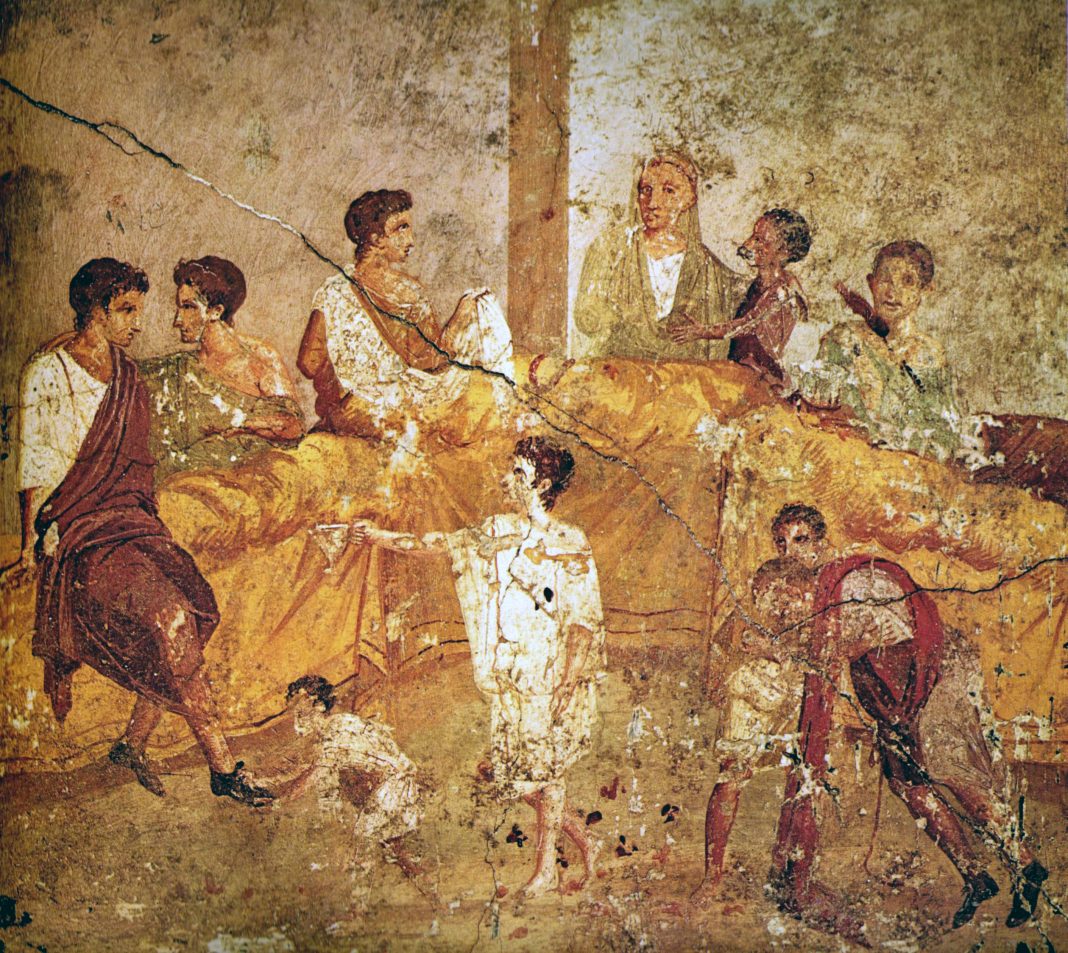Prof Dr Felix K Maier, Professor for Ancient History at University of Zurich, provides an intriguing and instructive analysis of the question of being ‘Roman’ in this, his most recent ancient history focus
My history research project analyses the dynamics of different identities in the Roman Empire from around 50-150 AD.
Identities in a multicultural empire
This project seeks to understand the often-paradoxical dynamics of different identities in a multicultural empire and to stimulate a discussion about hidden aspects of social interactions that we still need to understand correctly.
Although the Roman era is entirely different to our times, some critical questions relate to today’s world, where social and political distinction mechanisms also lead to open or concealed conflicts.
In my research project, I focus on different voices in the Roman Empire, building on existing studies of how the different people in the Imperium Romanum saw themselves: as Romans, as Gauls, as Syrians, as Graeco-Romans? Or something in-between? Which identity did non-Romans have, and how did this correlate with a supralocal identity of the Roman Empire? The answers to these questions are indeed fascinating.
By studying how people in these times defined their identity, we learn much about the “identity” concept and how fluid compared to the often-restricted ideas we have about people’s self-definition. I have already shown one example in my most recent article and will present another one here, which is both intriguing and instructive.

The example of Juvenal in ancient history
Juvenal, also known as Decimus Junius Juvenalis, was an ancient Roman poet and satirist who lived during the late first and early second centuries AD.
Born in Aquinum (today called Aquino), Italy, Juvenal is renowned for his biting and often scathing satires that critiqued the vices and corruption of Roman society. His works provide a vivid and cynical portrayal of his time’s social, political, and moral decay.
In his satires, Juvenal often addresses a particular issue: the “foreign infiltration” (1) of the Roman Empire and especially the capital Rome itself. In his satire no 3, for example, Juvenal’s text introduces a particular (fictional) Umbricius, a Roman citizen, who escapes from the city of Rome, bringing forward two main reasons for this: First, Umbricius complains that Rome would be overrun by foreigners, particularly by people from the Greek-speaking East, coining the famous sentence that (the Syrian river) “Orontes has long since flowed into the Tiber, and brought with it its language and morals.” (2)
Following up on this, Umbricius also laments that the “invasion from the East” (3) would leave no space for ‘real’ Romans like him, who would have to flee the city.
Researchers have struggled with this text as it needs to be clarified whether it provides a glimpse into Juvenal’s perspective or if Juvenal is mocking people in the city who act like Umbricius.
Today, scholarship tends to favour the latter because Umbricius supports his view with a couple of contradictory arguments, which makes every reader realise that his perspective no longer applies to the new context, i.e., the mixing of different peoples in the capital of the Roman Empire and the fact that Rome grew even more multicultural than it had been previously.
Furthermore, in another satire, Juvenal again addresses the issue of how to distinguish a ‘true’ Roman from a Non-Roman. Whereas one voice of the text considers the ancestral tree as the most essential aspect, pointing to traditional Roman families like the Claudii or the Aemilii, another voice in the text claims that moral traits like a virtuous life are the real distinguishing feature of a human being, emphasising that ethnic criteria are no longer crucial.
Adapting to a changing world
When we analyse these ancient texts, we obtain a fascinating insight into how people in a highly multicultural environment such as Rome in the first/second century AD struggled with adapting to the new circumstances in a changing world and – at the same time – how other people (perhaps like Juvenal) were making jokes about those who could not accept what other contemporaries accepted as a new reality.
Furthermore, although one should be cautious about drawing a line from Antiquity to today’s world, it seems that phenomena that never change are indisputably before our eyes.
References
- Juvenal, Satire 3.70-71: https://www.loebclassics.com/view/juvenal-satires/2004/pb_LCL091.173.xml
- Juvenal, Satire 3.62-64: https://www.loebclassics.com/view/juvenal-satires/2004/pb_LCL091.171.xml
- Juvenal, Satire 3.21-23: https://www.loebclassics.com/view/juvenal-satires/2004/pb_LCL091.169.xml

This work is licensed under Creative Commons Attribution-NonCommercial-NoDerivatives 4.0 International.


